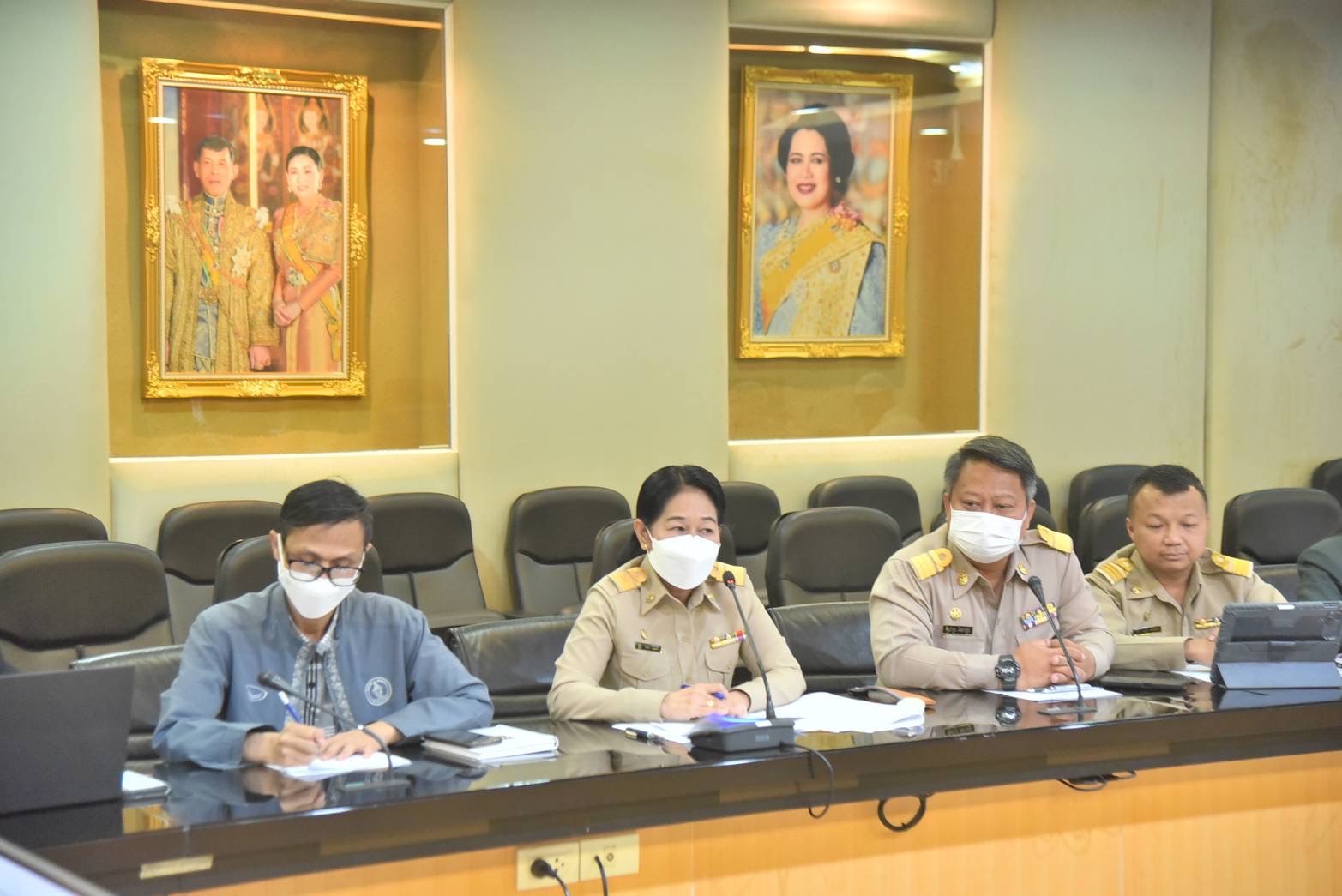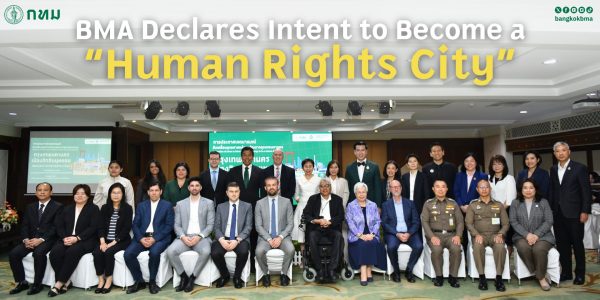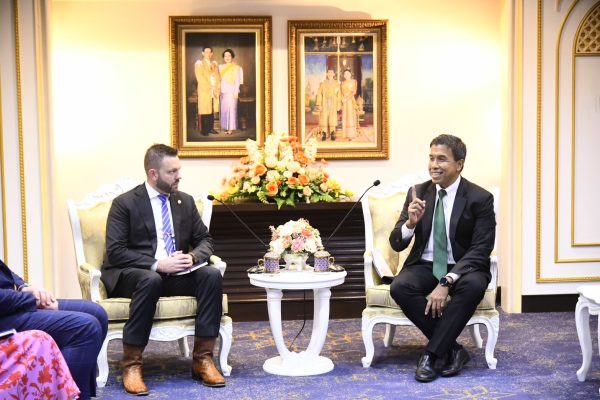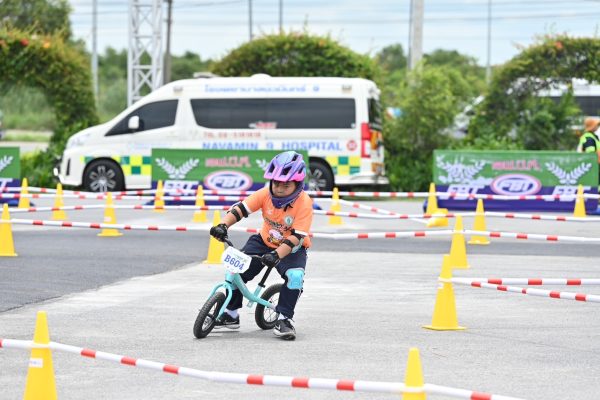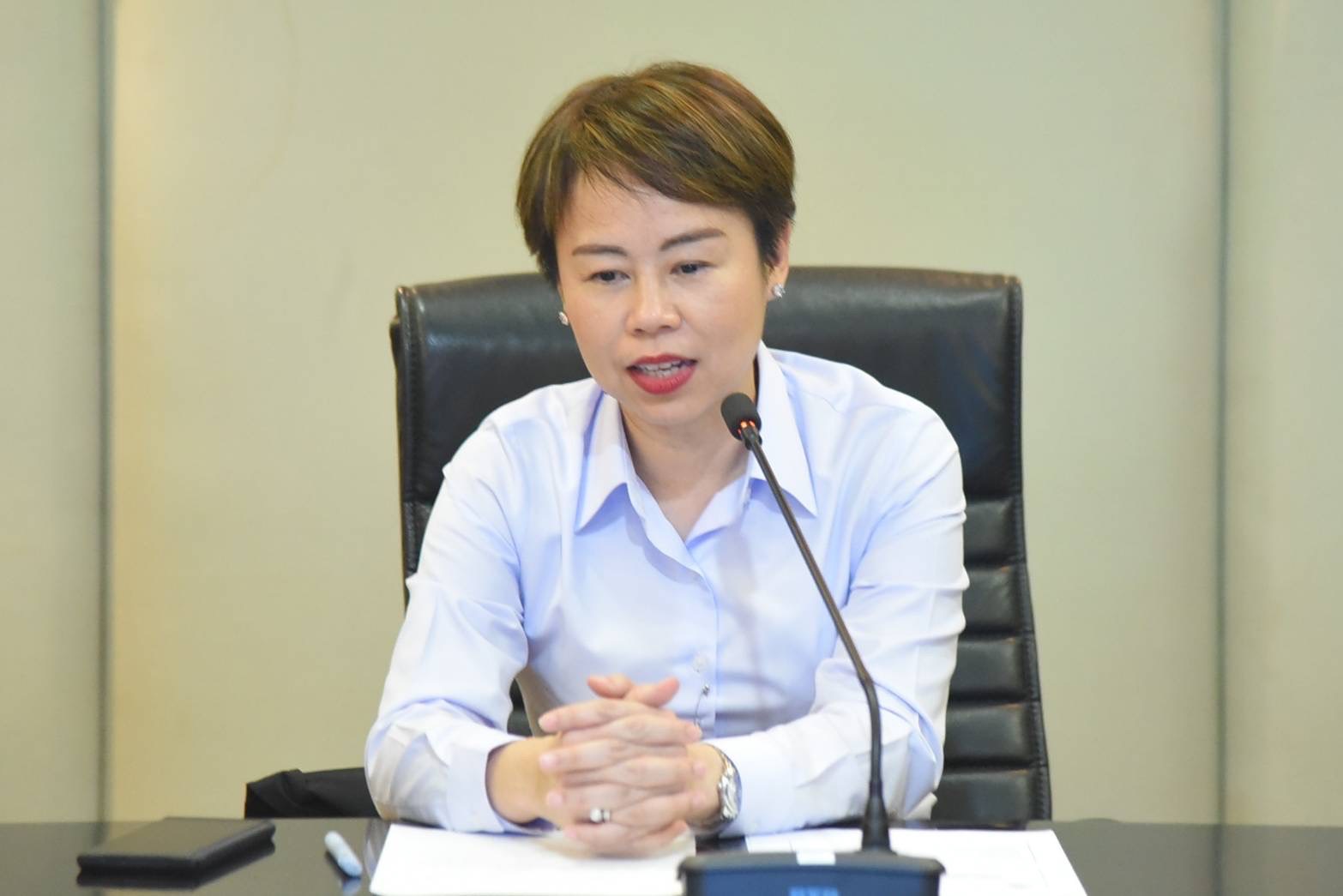
The Bangkok Metropolitan Administration (BMA) and United Nations High Commissioner for Refugees (UNHCR) have joined forces to create meaningful access to public healthcare services for refugees and persons seeking shelters in the metropolitan area.
The meeting of executives of the BMA and the UNHCR, as well as partners, namely the Peace Rights Foundation and the network of refugee-related volunteer groups, was held on Thursday at City Hall 1 in Phra Nakhon district.
Presiding over the session was BMA Deputy Governor Tavida Kamolvej, who was joined by officials from the BMA’s departments of Health, Medical Service, Strategy and Evaluation, Administration and Registration, and Foreign Affairs.
Tavida said refugees are a new issue for the BMA, and the city needs to formulate suitable strategies to handle about 5,000 refugees in Bangkok, according to the UNHCR statistics.
“We have been trying to provide assistance to migrant workers and refugees in the city, especially during the Covid-19 situation,” she said. “However, people in these groups are still at risk of not getting access to quality public health services due to lack of clear procedures from the government to guide the local administrations.”
The meeting acknowledged that the main obstacle for healthcare access is the fact that these refugees in metropolitan areas have no legal status to receive basic healthcare services stipulated by Thai laws. The meeting then discussed measures to allow refugees to receive healthcare services from BMA’s medical institutes without limitations based on economic status, culture, and language.
The BMA’s Health Department reported that it has public health units in every district that have been providing vaccination and health-related services to refugees free of charge. Meanwhile, the Medical Service Department said that non-Thai outpatients of BMA hospitals usually have no problem regarding medical fees, but relatives of inpatients are often worried about high medical bills.
The department added that currently hospitals subsidise these patients with funds from their foundations on a case by case basis, adding that a central fund for patients in this group would help improve the provision of services.
The Administration and Registration Department added that it had been issuing documents for children of refugees born in Thailand based on the status of their parents. For example, the children of parents whose entry to Thailand is illegal will be given an ID card number starting with G instead of 7. Based on Thai laws, children in this group can enrol at Thai schools but will not be eligible for medical services like Thai citizens.
Tavida said that since the BMA still does not have a clear database of refugees and can only provide humanitarian aid, the first step in ensuring systematic public health access is to identify who these 5,000 refugees are and where they live in the city.
“Local administrations must provide a verifiable database so that the BMA can roll out measures for schools, hospitals, and public health units to provide suitable services to refugees in their areas,” she said. “Furthermore, establishing a health fund for refugees will also help ensure that short-stay patients receive proper healthcare at BMA hospitals.”
The deputy governor added that the BMA would consider opening a medical sandbox in a pilot area where officials gather demographic information to build a database of refugees versus population density.
The sandbox will also serve as a testing ground for specialised laws and health care plans designed to fix the refugees-related problems.

